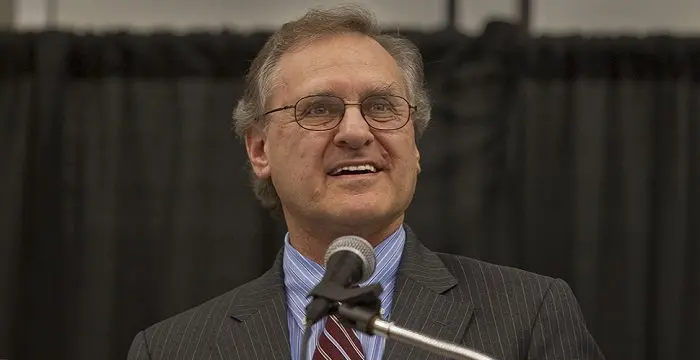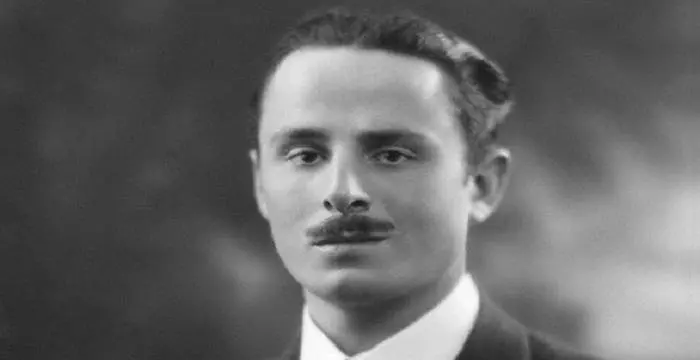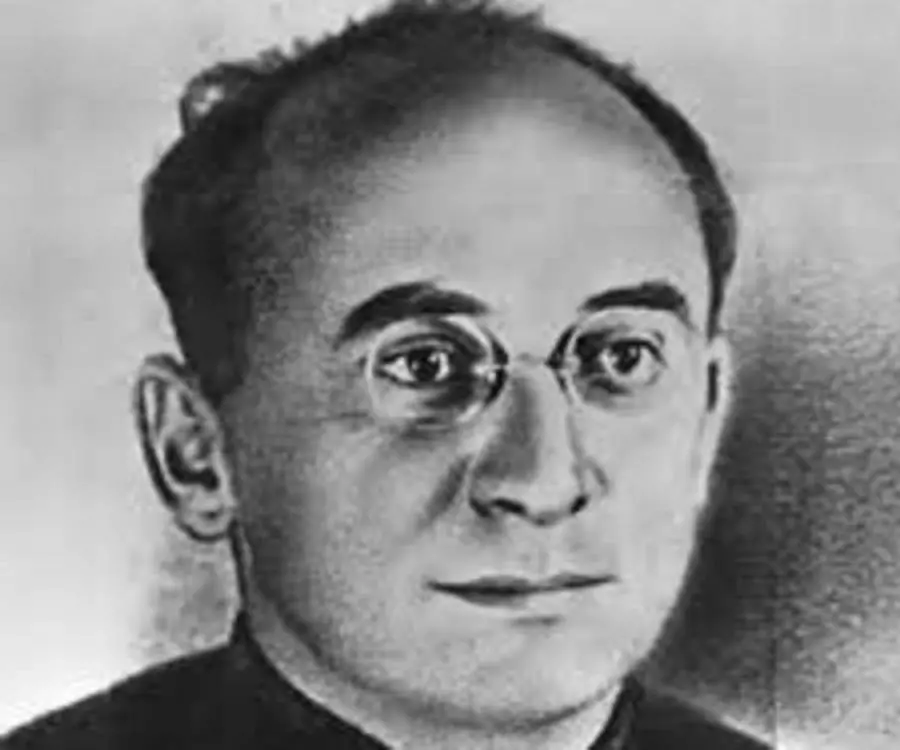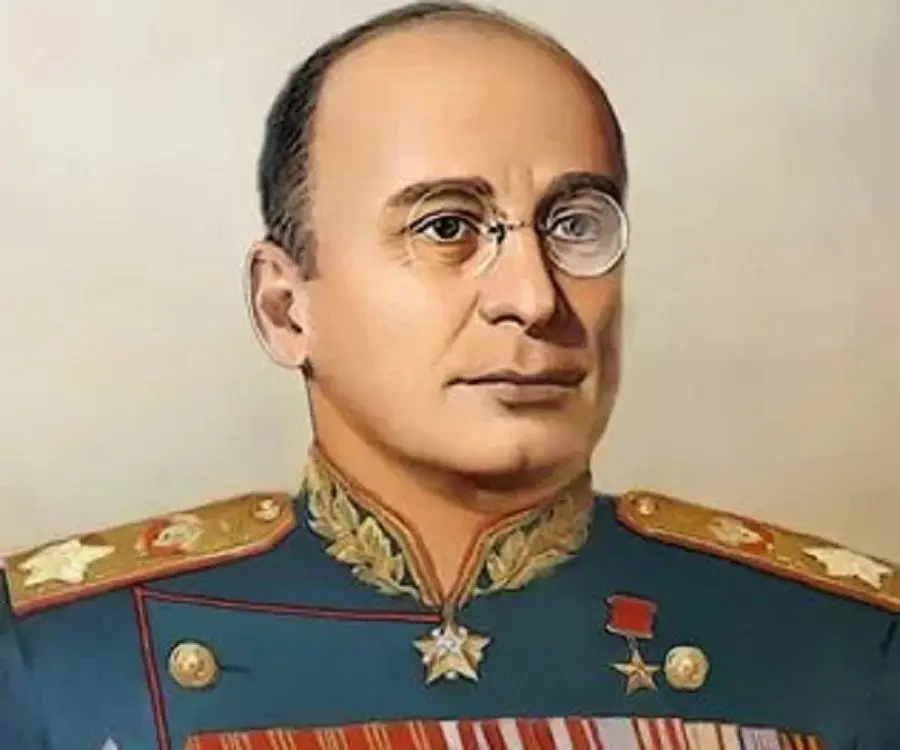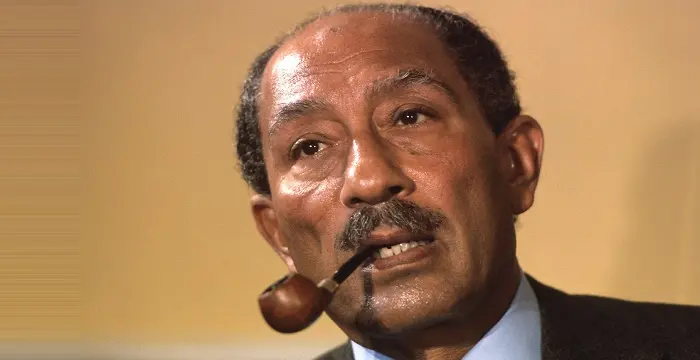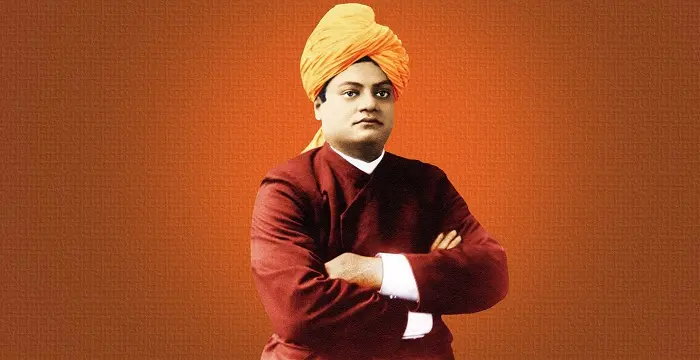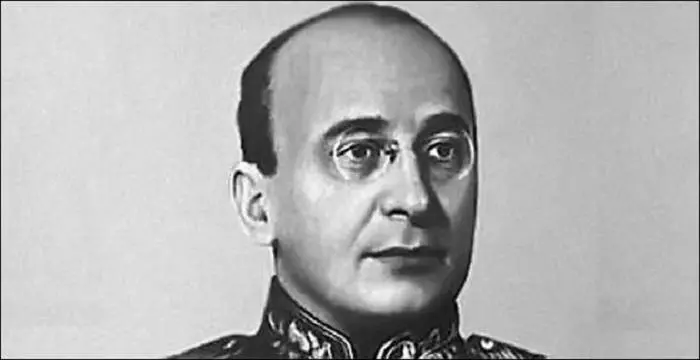
Lavrentiy Beria - Politician, Timeline and Family
Lavrentiy Beria's Personal Details
Lavrentiy Beria was a Soviet politician who served as the Marshal of the Soviet Union
| Information | Detail |
|---|---|
| Birthday | March 29, 1899 |
| Died on | December 23, 1953 |
| Nationality | Georgian |
| Famous | Leaders, Political Leaders, Georgian Men, Politician |
| Spouses | Nina Gegechkori (m. 1921–1953) |
| Known as | Lavrentiy Pavlovich Beria |
| Universities |
|
| Birth Place | Merkheuli, Georgia, Russian Empire |
| Gender | Male |
| Sun Sign | Aries |
| Born in | Merkheuli, Georgia, Russian Empire |
| Famous as | Politician |
| Died at Age | 54 |
// Famous Politician
Sebastian Coe
Sebastian Coe is a British former track and field athlete turned politician. This biography of Sebastian Coe provides detailed information about his childhood, life, achievements, works & timeline.
Stephen Lewis
Stephen Lewis is a Canadian politician, broadcaster, diplomat and professor. This biography profiles his childhood, career, works, life, achievements and timeline.
Oswald Mosley
Sir Oswald Ernald Mosley was a British politician known for his pro-fascist beliefs. This biography profiles his childhood, family, personal life, opinions, career, etc.
Lavrentiy Beria's photo
Who is Lavrentiy Beria?
Lavrentiy Beria was a Soviet politician who served as the Marshal of the Soviet Union under Joseph Stalin. He was also the state security administrator as well as the chief of the secret police. He played an important role in the purges of Joseph Stalin’s opponents, and was also considered the equivalent of Hitler's Gestapo head, Heinrich Himmler. Beria was born in a village named Merkheuli in the Russian Empire. He joined the Communist Party at an early age and got involved in revolutionary activities in Azerbaijan and Georgia. Soon, he was appointed chief of the secret police in Georgia and earned a reputation for his violent methods. He eventually rose to the position of chairman of the People's Commissariat for Internal Affairs. He had also served as a deputy prime minister and was a member of the State Defense Committee during the Second World War. He headed the Ministry of Internal Affairs as well. He eventually tried to use his position as the chief of the secret police to become Stalin's sole successor. However, he was arrested on charges of treason and deprived of his government and party posts. He was also charged of being an imperialist agent, and was eventually executed at the basement of the KGB headquarters.
Childhood & Early Life
Lavrentiy Pavlovich Beria was born on 29 March 1899 in a village named Merkheuli near Sukhumi, in the Sukhum Okrug of the Kutais Governorate in Abkhazia, Georgia, which at that time was a part of the Russian Empire. His parents were Pavel Khukhaevich Beria and Marta Jaqueli. He had two siblings.
While studying at the Baku Polytechnicum, a technical university in Azerbaijan, he became involved with the Bolsheviks.
Career
Lavrentiy Beria became involved in counterintelligence activity in Georgia during the Russian Revolution. In early 1921, he joined the Soviet Secret police, and soon earned a reputation for his ruthlessness towards opponents of the Bolshevik rule. Even some Bolshevik leaders used to criticize his violent ways.
During the Georgian nationalistic uprising, which took place in 1924, Beria gained prominence for his role in quashing the rebellion. Around 10,000 people were executed during the revolution. He also won Stalin’s favor, which along with his effectiveness in using the secret police, help him further his political ambitions.
He also became known for blackmailing his superiors to gain promotions. He often set them up with married women and then later exposed them. Once they were forced to resign in disgrace, he would take over their posts.
He met Stalin for the first time in 1931, while the latter was vacationing in Georgia. It is said that Beria saved Stalin from an assassination attempt, though it is also rumored that Beria staged the attempt himself to get into Stalin’s good books.
In 1931, he was also appointed Secretary of the Communist Party. A few years later, he became a member of the Central Committee of the Communist Party of the Soviet Union. During this time, his relations with his fellow members of the Georgian Communist Party became strained and he eventually ordered a few of them to be executed.
Beria soon became one of Stalin’s most trusted men, and during Stalin’s purge of the Communist Party and government in 1934, Beria ran the purges in Transcaucasia, also using the opportunity to settle some of his old scores.
In 1938, he was brought to Moscow to serve as the deputy to Nikolai Yezhov, who was the head of the Commissariat for Internal Affairs, also known as the NKVD. Yezhov was, however, soon executed on Stalin’s orders, and because of Beria’s loyalty, he was made the chief of the secret police, as well as head of the NKVD.
During the Great Purge, Beria is known to have used the opportunity to execute many of Stalin’s old rivals. He also ordered the mass executions of thousands of political prisoners. He supervised the purge of the Secret Service bureaucracy, and set up many labour camps throughout the country, which were known as Gulags. Over 500 NVD agents and Red Army Officers were also executed under Beria. In addition, many innocent citizens were executed, most of them falsely convicted of treason.
Beria became the deputy prime minister of the USSR in February 1941. He also became a member of the State Defense Committee, and during World War II, he controlled the Soviet Union’s internal security system. In 1946, he also became a member of the executive policy making committee known as the Politburo.
When the Germans were driven out of the Soviet soil in 1944, Beria was charged with dealing with the ethnic minorities who were accused of anti-Soviet activities. They were deported to Soviet Central Asia. The same year, his NKVD was also in charge of supervising the Soviet atomic bomb project which built and tested a bomb in 1949.
When Soviet police ranks were converted to a military uniform system in 1945, Beria became the Marshal of the Soviet Union. He played a significant role in the World War II. However, his contribution was not acknowledged by Stalin. Over the years, he was also disliked by most of his party comrades. He also reportedly kidnapped and raped young girls on the streets of Moscow.
Even though Beria was known to be very close to Stalin, when the latter grew too paranoid, he became distrustful of Beria. Stalin would have probably removed him from power; however, he passed away suddenly in March 1954.
After Stalin’s death, Beria served as one of the four deputy prime ministers under Georgy Malenkov, and was also the head of the Internal Affairs Ministry. Over the next few years, he began reversing many of Stalin’s policies. This alarmed most of his colleagues, particularly Nikita Khrushchev.
Arrest, Trial, & Execution
Though Beria tried to use his position as the secret police chief to succeed Stalin, he was unsuccessful. He was soon arrested and deprived of all his positions. He was accused of being an ‘imperialist agent’, and was executed in December 1953. Several of his associates and subordinates, such as Bogdan Kobulov, Sergey Goglidze and Vladimir Dekanozov, were also arrested.
The crimes he was found guilty of included treason, as he was alleged to have secret connections with foreign intelligence services, and attempted peace talks with Hitler. He was also found guilty of terrorism because of his major involvement in the Purge of the Red Army in 1941.
There is also a lot of evidence to suggest that Beria kidnapped, raped, and murdered several young women while he was in power. He is also said to have blackmailed their families. However, the people close to him, including his wife and son always disputed it.
Personal Life
Beria married Nina Gegechkori in his early twenties. They had a son named Sergo.
Trivia
Though he was responsible for countless killings, before his own death, he is known to have cried, pleading on his knees for mercy before his own execution.
He was personally executed by General Pavel Batitsky with a shot through the forehead.
// Famous Political Leaders
Edi Rama
Edi Rama is the current Prime Minister of Albania. Check out this biography to know about his childhood, life, achievements, works & timeline.
Khalifa bin Zayed Al Nahyan
Sheikh Khalifa bin Zayed Al Nahyan is the current President of the United Arab Emirates (UAE). Check out this biography to know about his birthday, childhood, family life, achievements and fun facts about him.
Leo Varadkar
Cam Leo Varadkar is the current Taoiseach—the Prime Minister—of the Republic of Ireland. Check out this biography to know about his childhood, family life, achievements and other facts about his life.
Lavrentiy Beria biography timelines
- // 29th Mar 1899Lavrentiy Pavlovich Beria was born on 29 March 1899 in a village named Merkheuli near Sukhumi, in the Sukhum Okrug of the Kutais Governorate in Abkhazia, Georgia, which at that time was a part of the Russian Empire. His parents were Pavel Khukhaevich Beria and Marta Jaqueli. He had two siblings.
- // 1921Lavrentiy Beria became involved in counterintelligence activity in Georgia during the Russian Revolution. In early 1921, he joined the Soviet Secret police, and soon earned a reputation for his ruthlessness towards opponents of the Bolshevik rule. Even some Bolshevik leaders used to criticize his violent ways.
- // 1924During the Georgian nationalistic uprising, which took place in 1924, Beria gained prominence for his role in quashing the rebellion. Around 10,000 people were executed during the revolution. He also won Stalin’s favor, which along with his effectiveness in using the secret police, help him further his political ambitions.
- // 1931He met Stalin for the first time in 1931, while the latter was vacationing in Georgia. It is said that Beria saved Stalin from an assassination attempt, though it is also rumored that Beria staged the attempt himself to get into Stalin’s good books.
- // 1931In 1931, he was also appointed Secretary of the Communist Party. A few years later, he became a member of the Central Committee of the Communist Party of the Soviet Union. During this time, his relations with his fellow members of the Georgian Communist Party became strained and he eventually ordered a few of them to be executed.
- // 1934Beria soon became one of Stalin’s most trusted men, and during Stalin’s purge of the Communist Party and government in 1934, Beria ran the purges in Transcaucasia, also using the opportunity to settle some of his old scores.
- // 1938In 1938, he was brought to Moscow to serve as the deputy to Nikolai Yezhov, who was the head of the Commissariat for Internal Affairs, also known as the NKVD. Yezhov was, however, soon executed on Stalin’s orders, and because of Beria’s loyalty, he was made the chief of the secret police, as well as head of the NKVD.
- // 1941The crimes he was found guilty of included treason, as he was alleged to have secret connections with foreign intelligence services, and attempted peace talks with Hitler. He was also found guilty of terrorism because of his major involvement in the Purge of the Red Army in 1941.
- // Feb 1941 To 1946Beria became the deputy prime minister of the USSR in February 1941. He also became a member of the State Defense Committee, and during World War II, he controlled the Soviet Union’s internal security system. In 1946, he also became a member of the executive policy making committee known as the Politburo.
- // 1944 To 1949When the Germans were driven out of the Soviet soil in 1944, Beria was charged with dealing with the ethnic minorities who were accused of anti-Soviet activities. They were deported to Soviet Central Asia. The same year, his NKVD was also in charge of supervising the Soviet atomic bomb project which built and tested a bomb in 1949.
- // 1945When Soviet police ranks were converted to a military uniform system in 1945, Beria became the Marshal of the Soviet Union. He played a significant role in the World War II. However, his contribution was not acknowledged by Stalin. Over the years, he was also disliked by most of his party comrades. He also reportedly kidnapped and raped young girls on the streets of Moscow.
- // Dec 1953Though Beria tried to use his position as the secret police chief to succeed Stalin, he was unsuccessful. He was soon arrested and deprived of all his positions. He was accused of being an ‘imperialist agent’, and was executed in December 1953. Several of his associates and subordinates, such as Bogdan Kobulov, Sergey Goglidze and Vladimir Dekanozov, were also arrested.
- // Mar 1954Even though Beria was known to be very close to Stalin, when the latter grew too paranoid, he became distrustful of Beria. Stalin would have probably removed him from power; however, he passed away suddenly in March 1954.
// Famous Leaders
Edi Rama
Edi Rama is the current Prime Minister of Albania. Check out this biography to know about his childhood, life, achievements, works & timeline.
Tecumseh
Tecumseh was a Native American leader of the Shawnee clan. This biography profiles his childhood, life and timeline.
Khalifa bin Zayed Al Nahyan
Sheikh Khalifa bin Zayed Al Nahyan is the current President of the United Arab Emirates (UAE). Check out this biography to know about his birthday, childhood, family life, achievements and fun facts about him.
Anwar Sadat
Anwar Sadat was the third President of Egypt and has been awarded the Nobel Prize for his peace initiatives. To know more about his childhood, career, profile and timeline read on the following biography.
Leo Varadkar
Cam Leo Varadkar is the current Taoiseach—the Prime Minister—of the Republic of Ireland. Check out this biography to know about his childhood, family life, achievements and other facts about his life.
Swami Vivekananda
Swami Vivekananda was the chief disciple of Sri Ramakrishna, and was responsible for awakening India spiritually. Check this biography to know in detail about his life, profile and timeline.
Lavrentiy Beria's FAQ
What is Lavrentiy Beria birthday?
Lavrentiy Beria was born at 1899-03-29
When was Lavrentiy Beria died?
Lavrentiy Beria was died at 1953-12-23
Which age was Lavrentiy Beria died?
Lavrentiy Beria was died at age 54
Where is Lavrentiy Beria's birth place?
Lavrentiy Beria was born in Merkheuli, Georgia, Russian Empire
What is Lavrentiy Beria nationalities?
Lavrentiy Beria's nationalities is Georgian
Who is Lavrentiy Beria spouses?
Lavrentiy Beria's spouses is Nina Gegechkori (m. 1921–1953)
What was Lavrentiy Beria universities?
Lavrentiy Beria studied at Baku Polytechnicum (1915–1919)
What is Lavrentiy Beria's sun sign?
Lavrentiy Beria is Aries
How famous is Lavrentiy Beria?
Lavrentiy Beria is famouse as Politician

